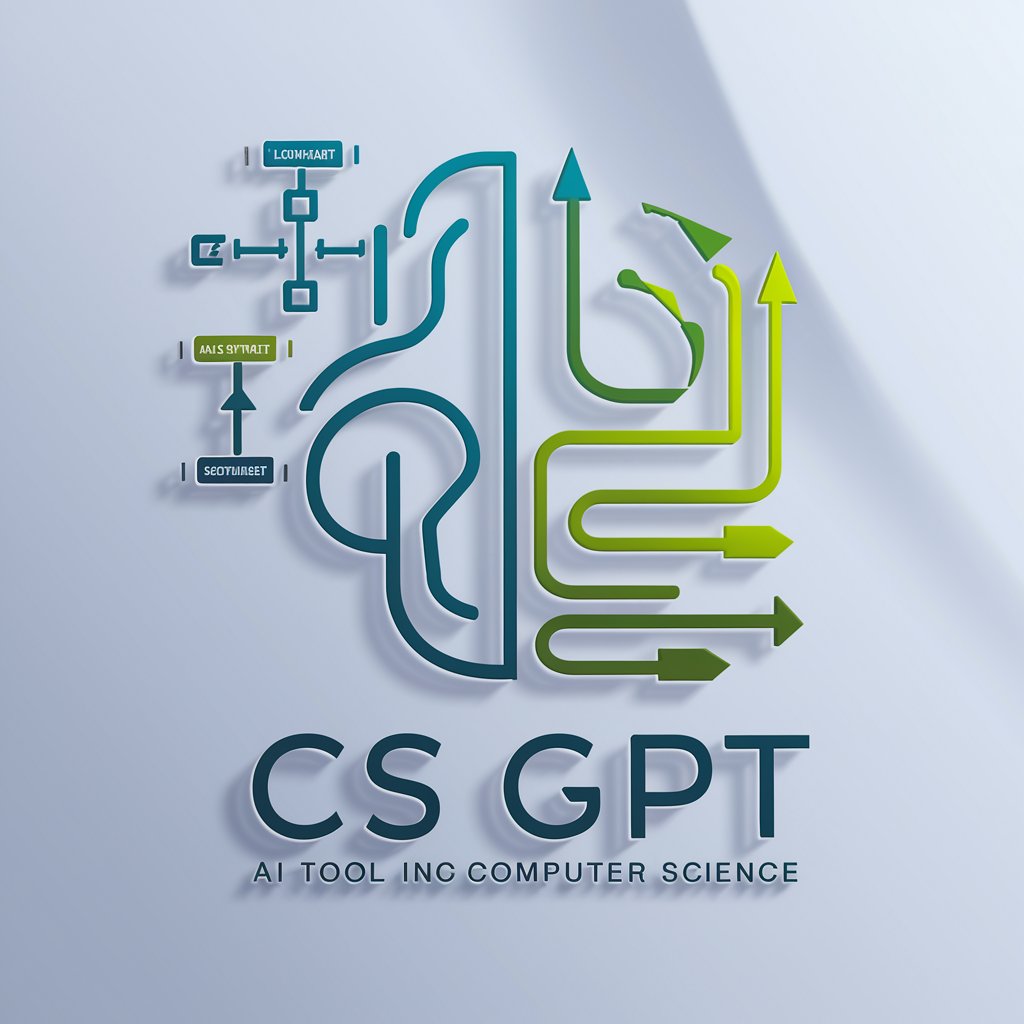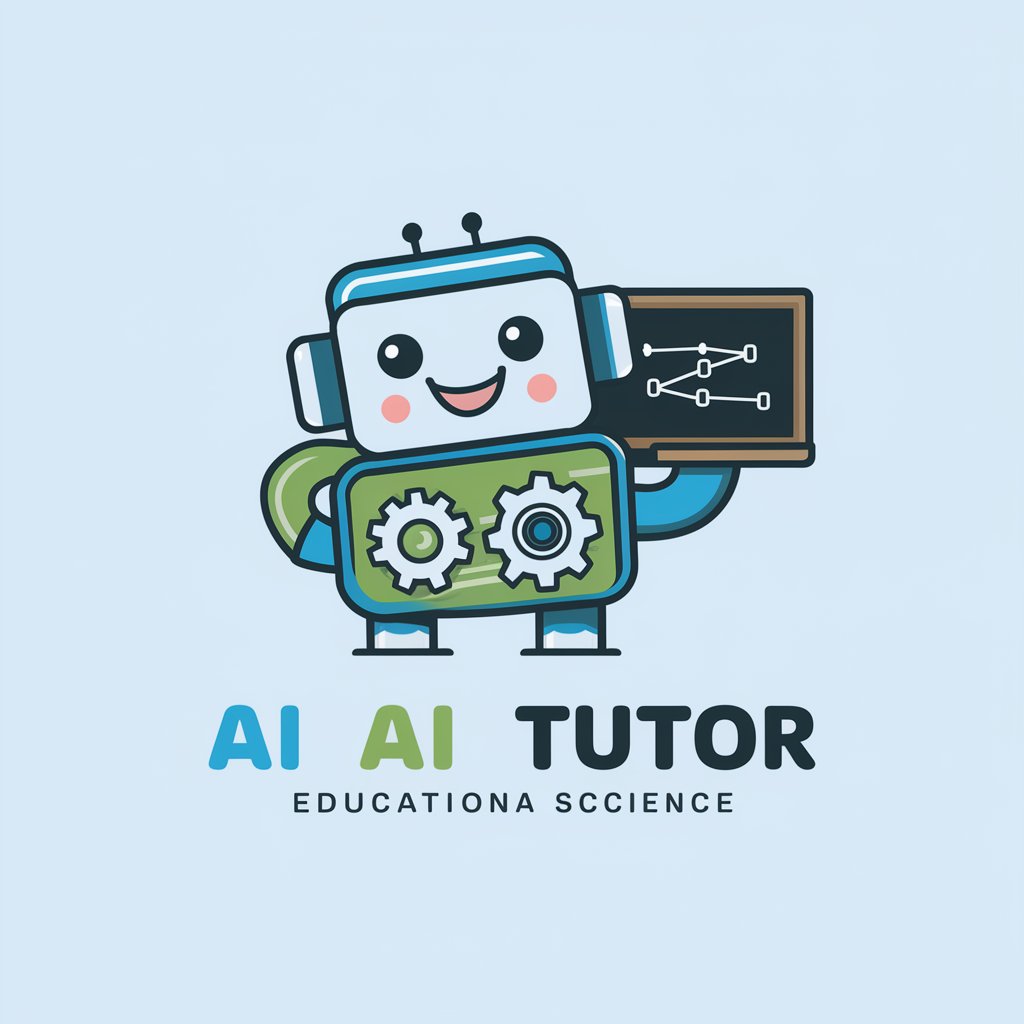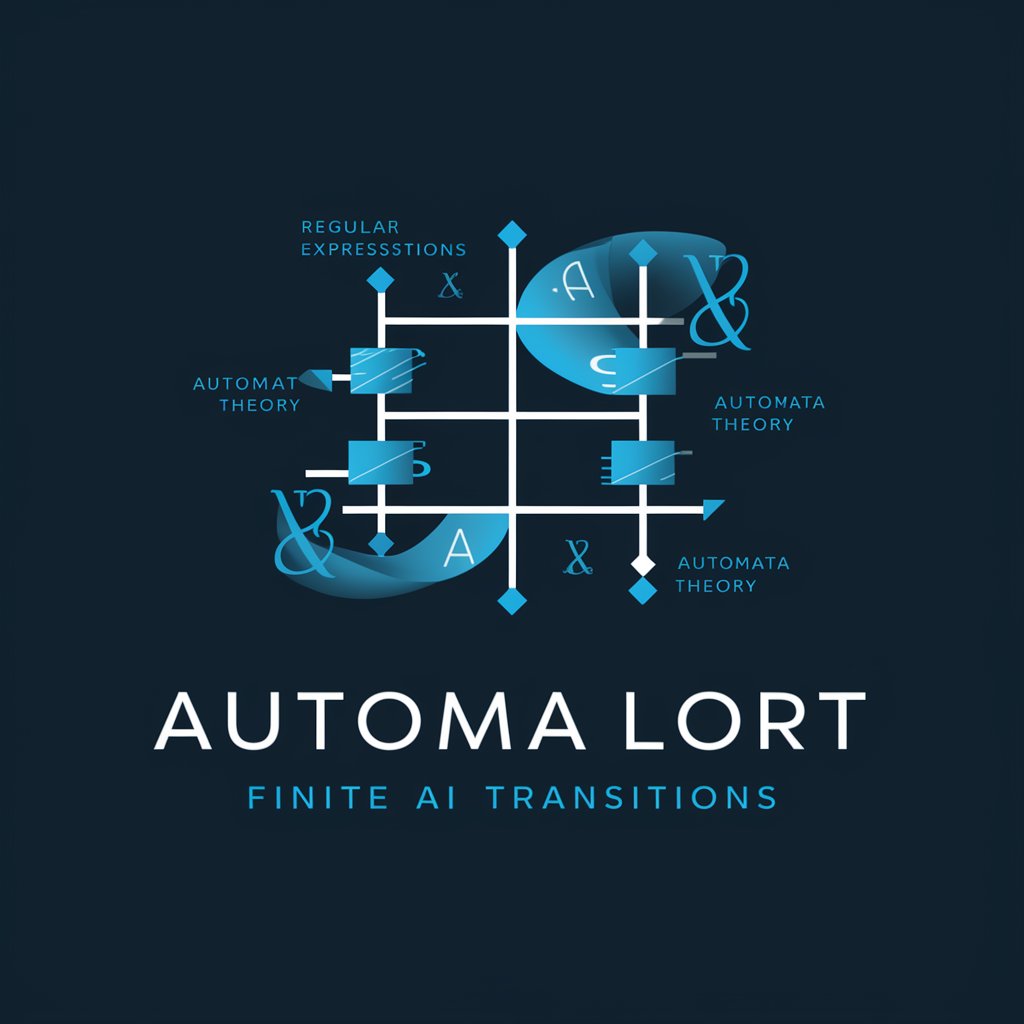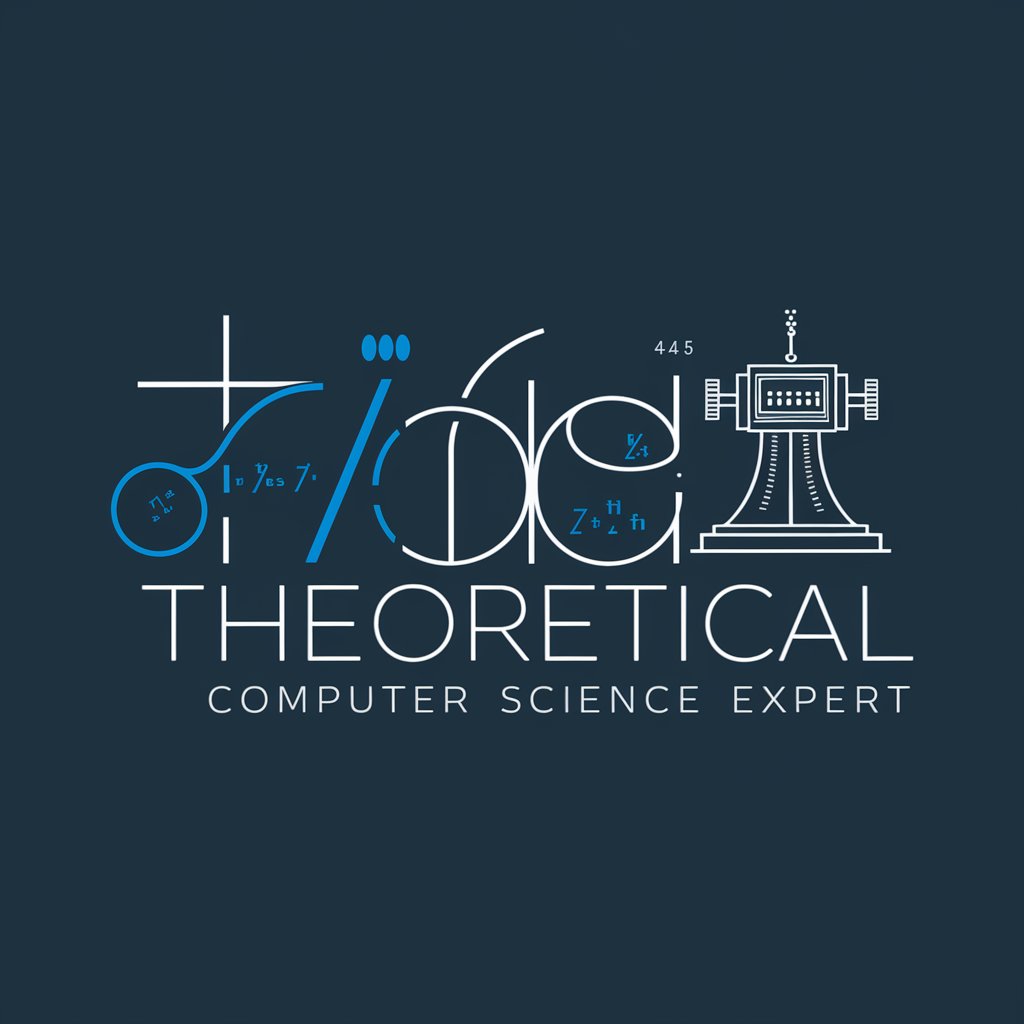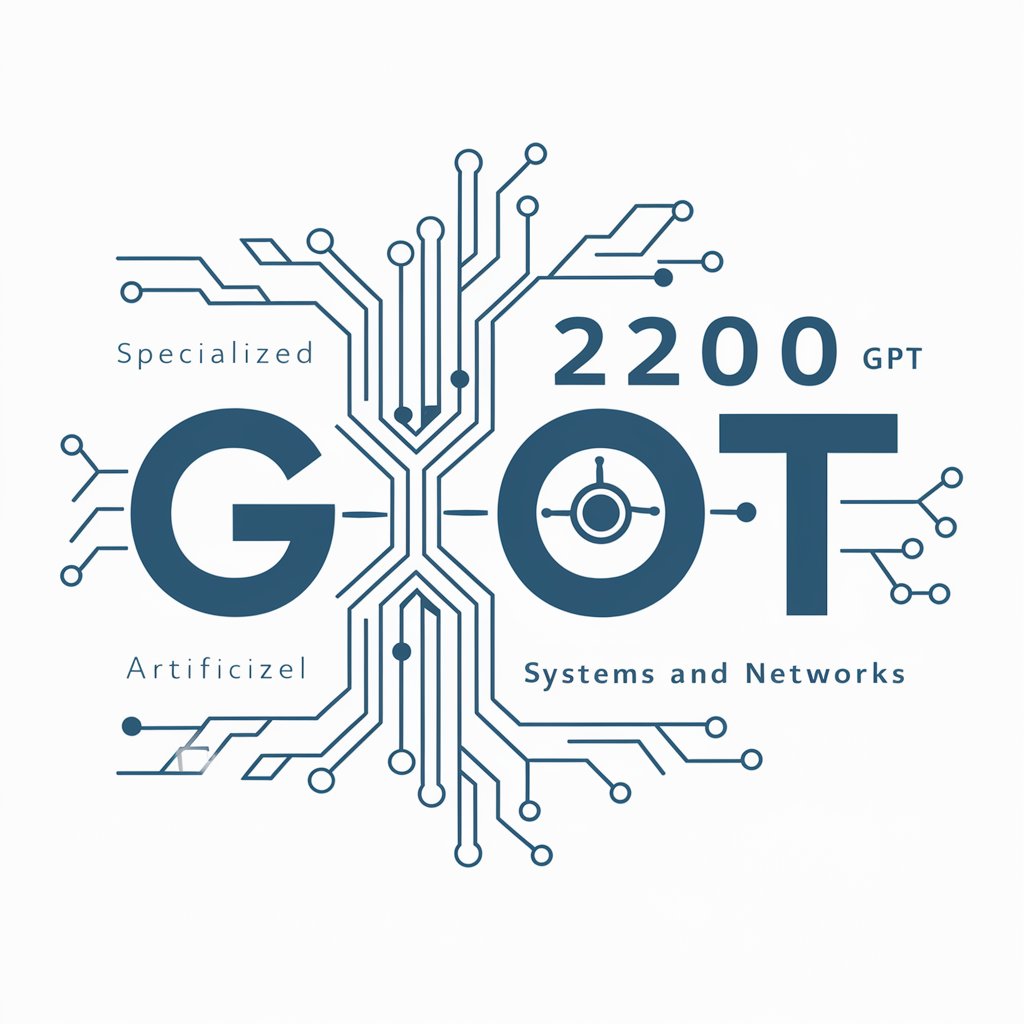
Theory of Computation - Theory of Computation Insights
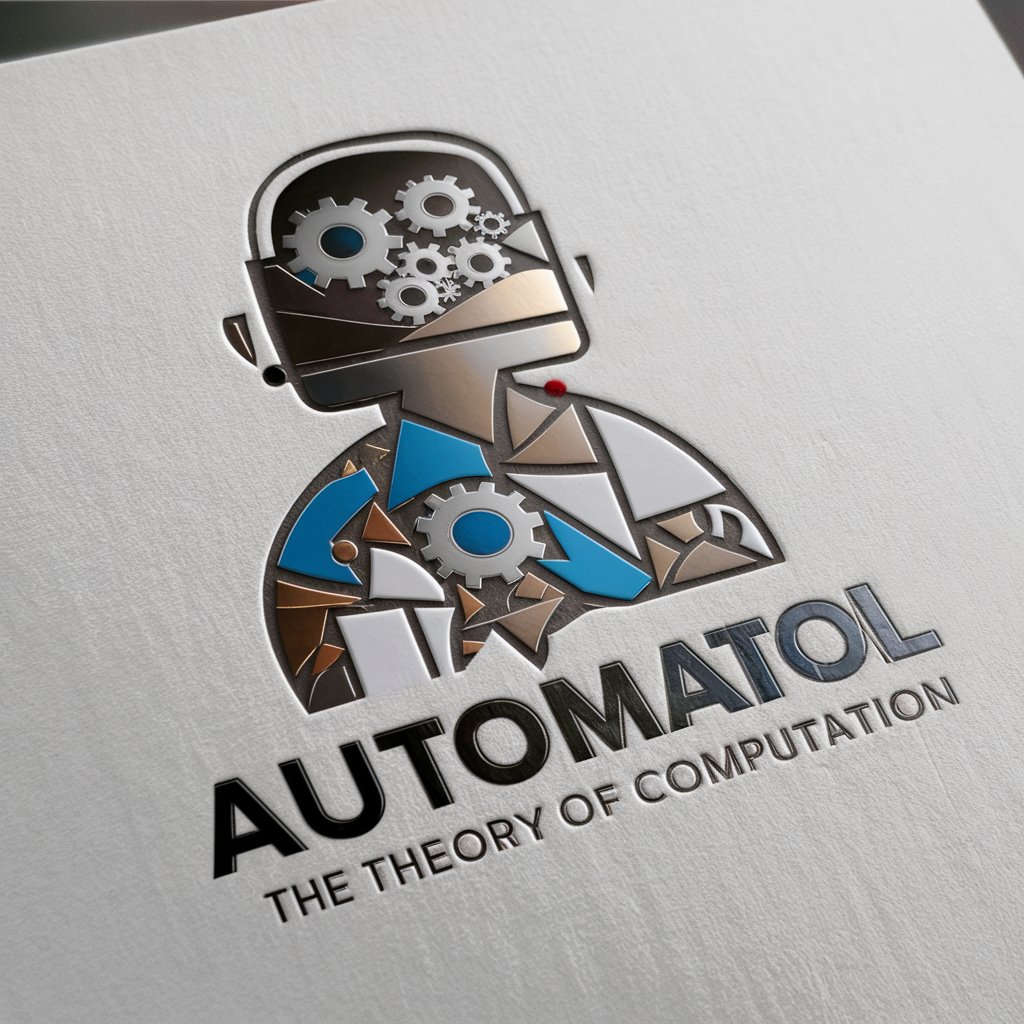
Welcome! I'm here to help you with the Theory of Computation.
Decoding complexity with AI-powered analysis
Can you explain the concept of Turing machines and their significance in computation?
What are the differences between deterministic and nondeterministic finite automata?
How do context-free grammars relate to pushdown automata?
What is the P vs NP problem and why is it important?
Get Embed Code
Understanding Theory of Computation
Theory of Computation is a foundational area within computer science that explores the fundamental capabilities and limitations of computers. It encompasses various topics including automata theory, computability theory, and complexity theory. Automata theory studies abstract machines and the problems they are able to solve. Computability theory investigates what problems can be solved on a model of computation, with a key focus on the concept of algorithmic solvability. Complexity theory seeks to understand the efficiency of algorithms and categorizes problems based on the resources required to solve them. For instance, the famous 'Halting Problem' in computability illustrates a problem that no algorithm can solve, proving intrinsic limits to computation. Similarly, automata like Turing machines provide a model for understanding what computers can and cannot compute. Powered by ChatGPT-4o。

Core Functions of Theory of Computation
Automata Theory
Example
Designing finite state machines for pattern recognition tasks, such as email filtering systems that identify spam based on certain keyword patterns.
Scenario
In software development for text processing applications, automata theory provides the underpinnings for creating efficient algorithms that can recognize patterns within streams of text.
Computability Theory
Example
Understanding the limits of what problems can be solved by algorithms helps in determining the feasibility of software projects, such as proving that creating a perfect software for predicting stock market trends is impossible due to the problem's inherent unpredictability.
Scenario
Researchers and theorists use computability theory to demarcate the boundary between solvable and unsolvable problems, guiding the development of algorithms within achievable domains.
Complexity Theory
Example
Analyzing algorithms to classify them into complexity classes like P, NP, and NP-complete helps in optimizing software, such as choosing the most efficient sorting algorithm for a database system based on the size of data sets.
Scenario
In the development of large-scale computational systems, complexity theory aids in predicting performance bottlenecks and ensuring scalable solutions by selecting algorithms that are tractable for the problem size.
Target Users of Theory of Computation
Computer Science Students and Educators
Students learning about the theoretical underpinnings of computer science and educators teaching these concepts benefit from a deep understanding of automata, computability, and complexity theories. This knowledge forms the foundation of more advanced topics in computer science and software engineering.
Software Developers and Engineers
Professionals involved in designing and implementing software systems use principles from theory of computation to optimize algorithms, solve complex problems, and understand the theoretical limits of the systems they work on.
Researchers in Computer Science
Academic and industrial researchers exploring new algorithms, computational models, or seeking to understand the computational complexity of problems leverage theory of computation as a fundamental framework for their investigations.

How to Use Theory of Computation
Start with a Trial
Begin by visiting yeschat.ai to access a free trial, providing an opportunity to explore the tool without the need for login or ChatGPT Plus subscription.
Understand the Basics
Familiarize yourself with fundamental concepts of automata, computability, and complexity theory to make the most out of the application.
Identify Your Needs
Determine the specific aspect of the Theory of Computation you need help with, such as solving problems, understanding theories, or conducting research.
Engage with the Tool
Use the tool to ask questions, explore examples, and gain insights into complex computation theories, ensuring to leverage its in-depth analytical capabilities.
Apply the Knowledge
Implement the insights and solutions provided by the tool in your academic or professional projects, enhancing understanding and application of computation theories.
Try other advanced and practical GPTs
Graph Theory
Unravel complex networks with AI
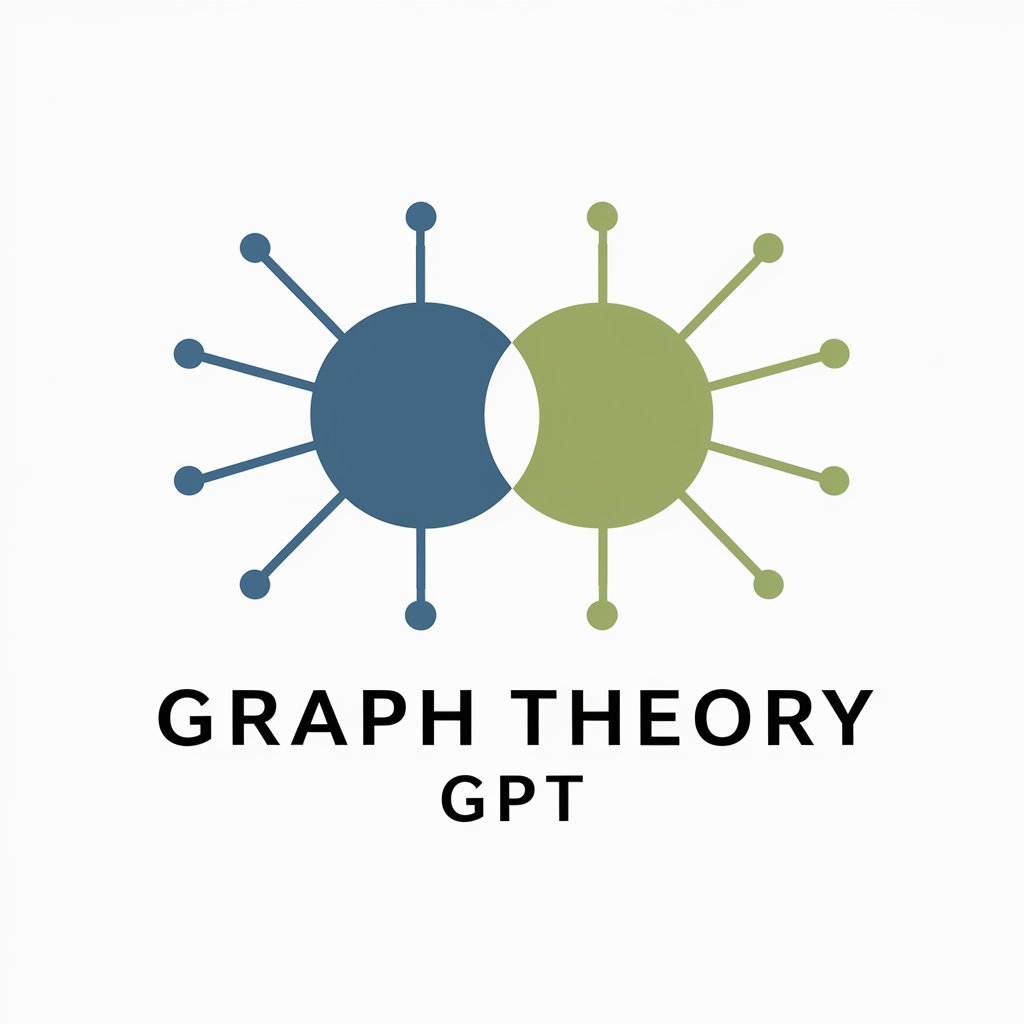
Algebraic Number Theory GPT
Empowering Algebraic Insights with AI
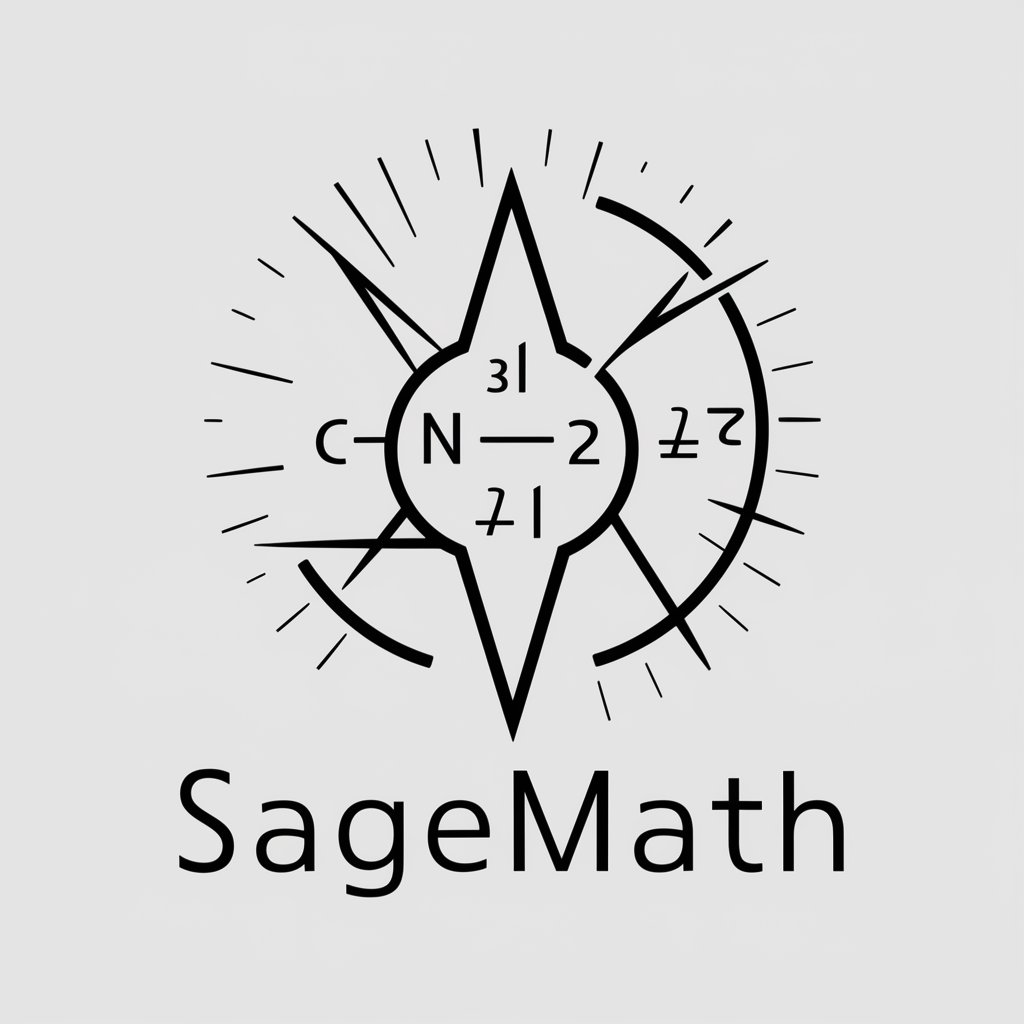
Game Theory
Strategize with AI-Powered Game Theory
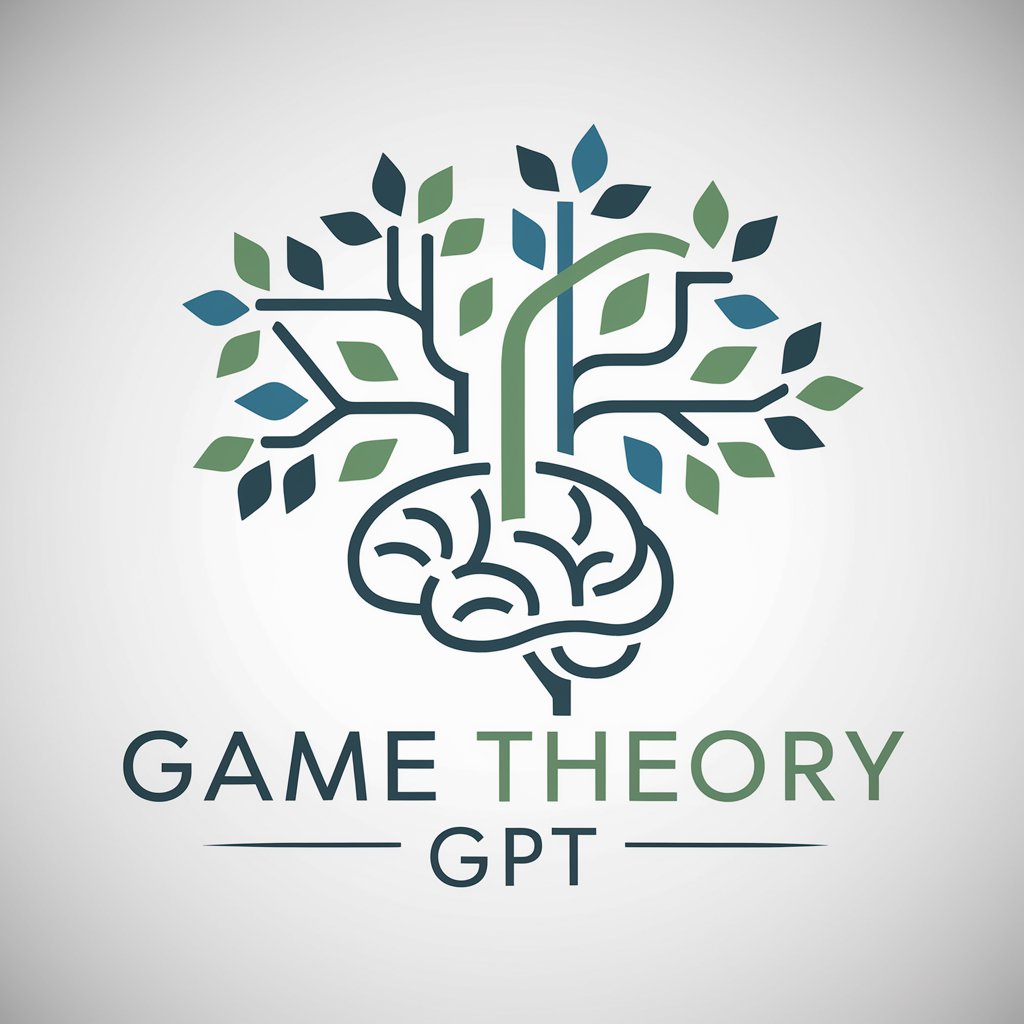
Communication Theory Tutor
Empowering Communication Mastery with AI
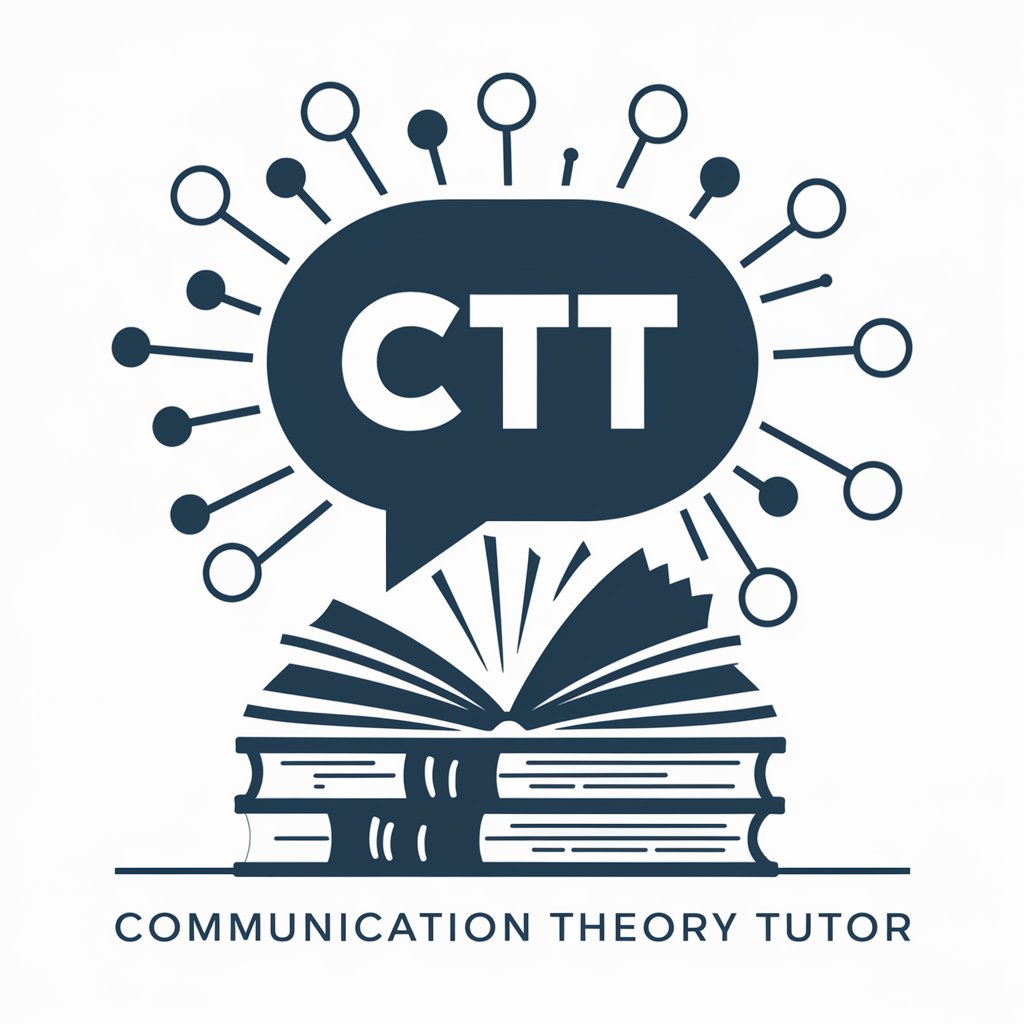
Romance Novel Crafter
Crafting Deeply Romantic Narratives with AI

git hivemind
Automate Git with AI on iOS
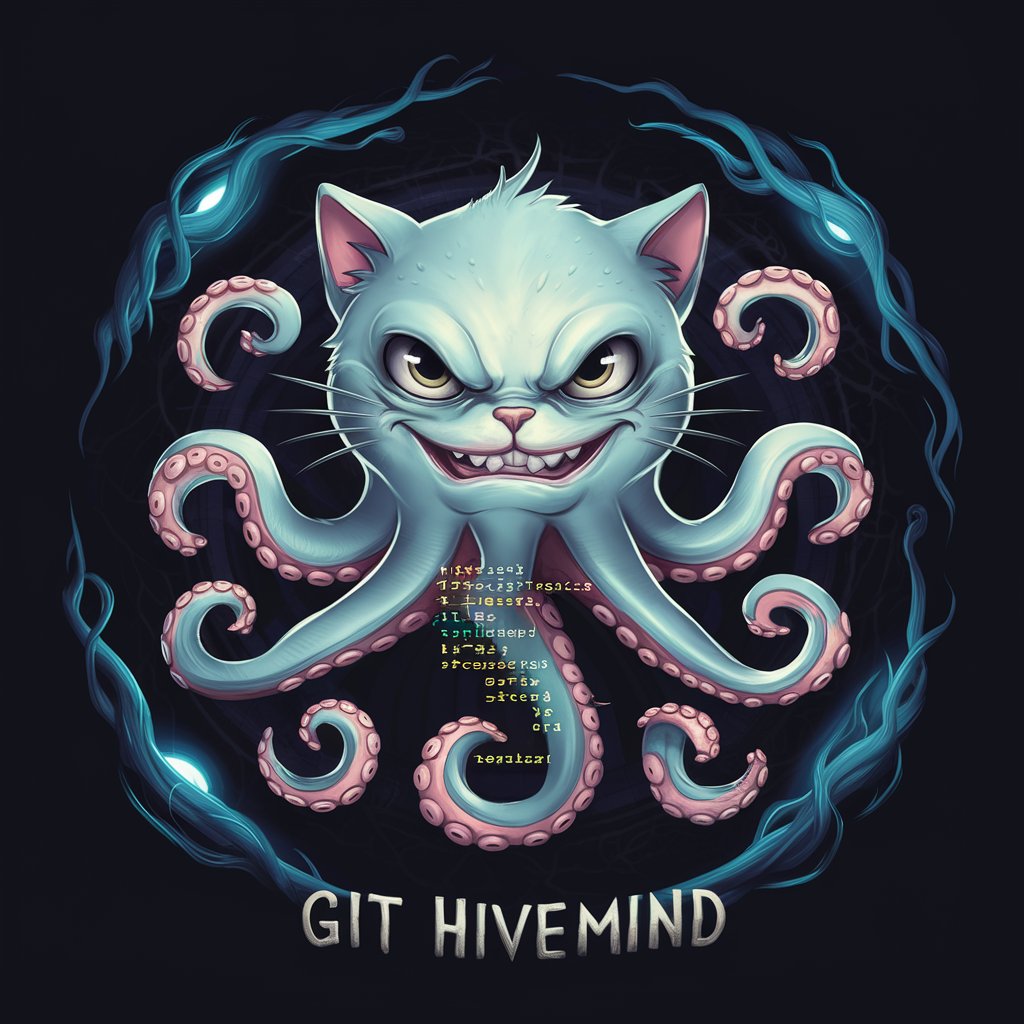
Music Theory
Unlocking Music's Secrets with AI
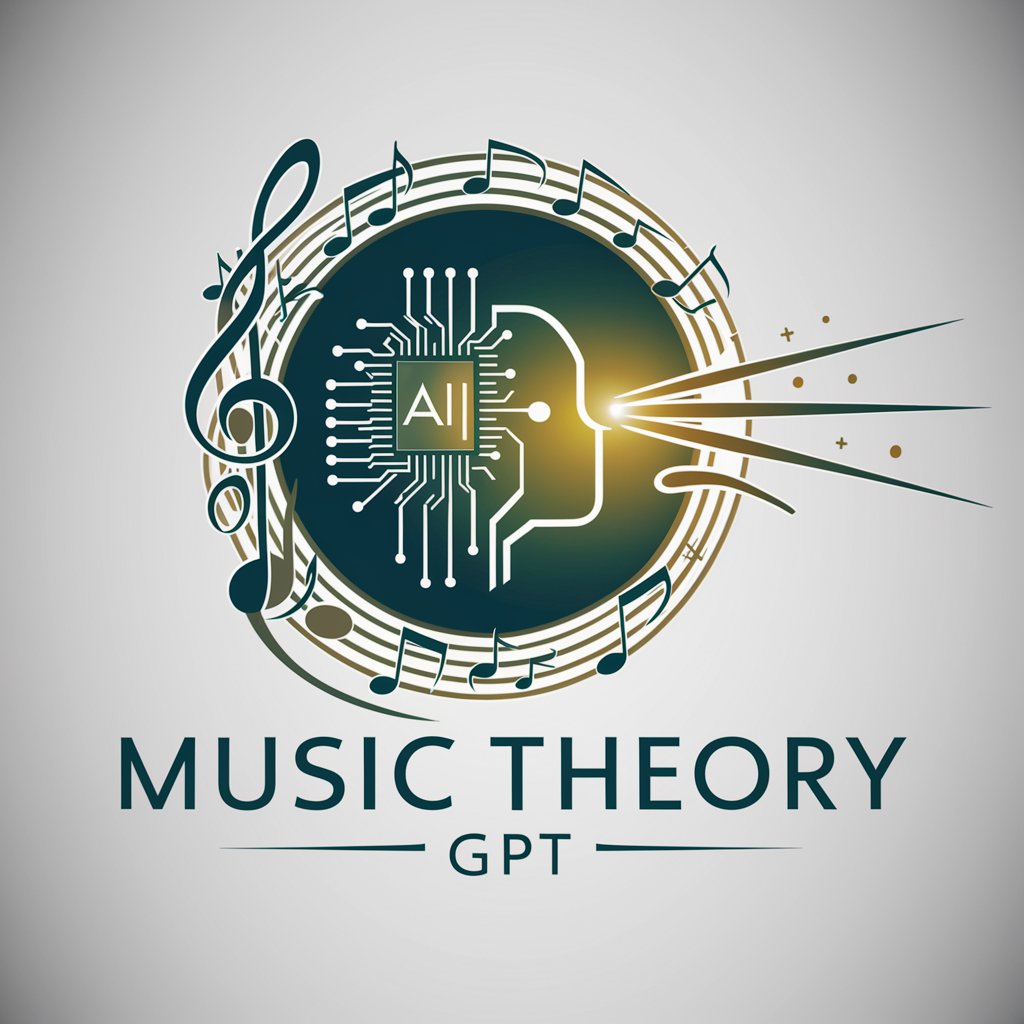
Item Maker
Craft Your Magic with AI

Heart Item Style by Prompt Snapshot
Craft unique heart shapes with AI

DnD Magic Item Generator
Crafting Your Adventure with AI
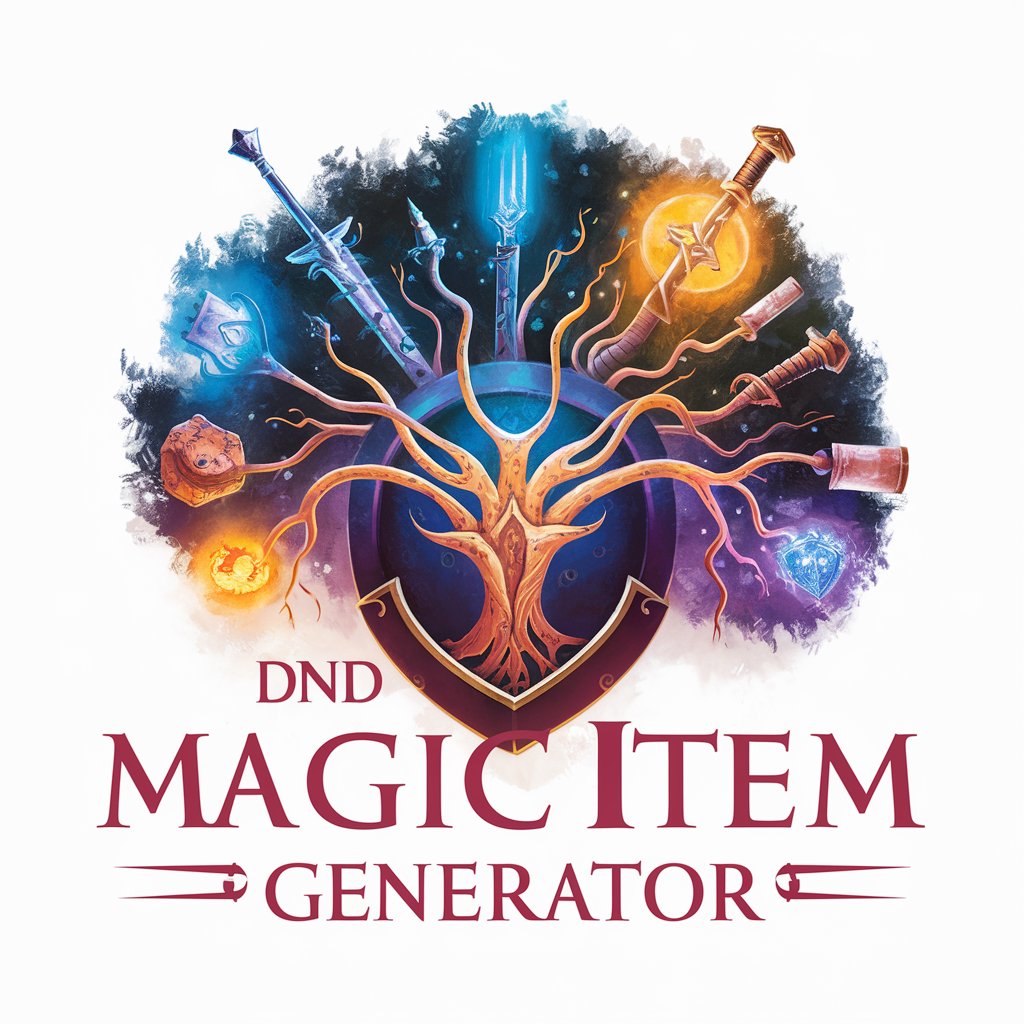
Academic Aide
Empowering Your Academic Journey with AI

Third Eye Monk
Discover Enlightenment, Embrace Now
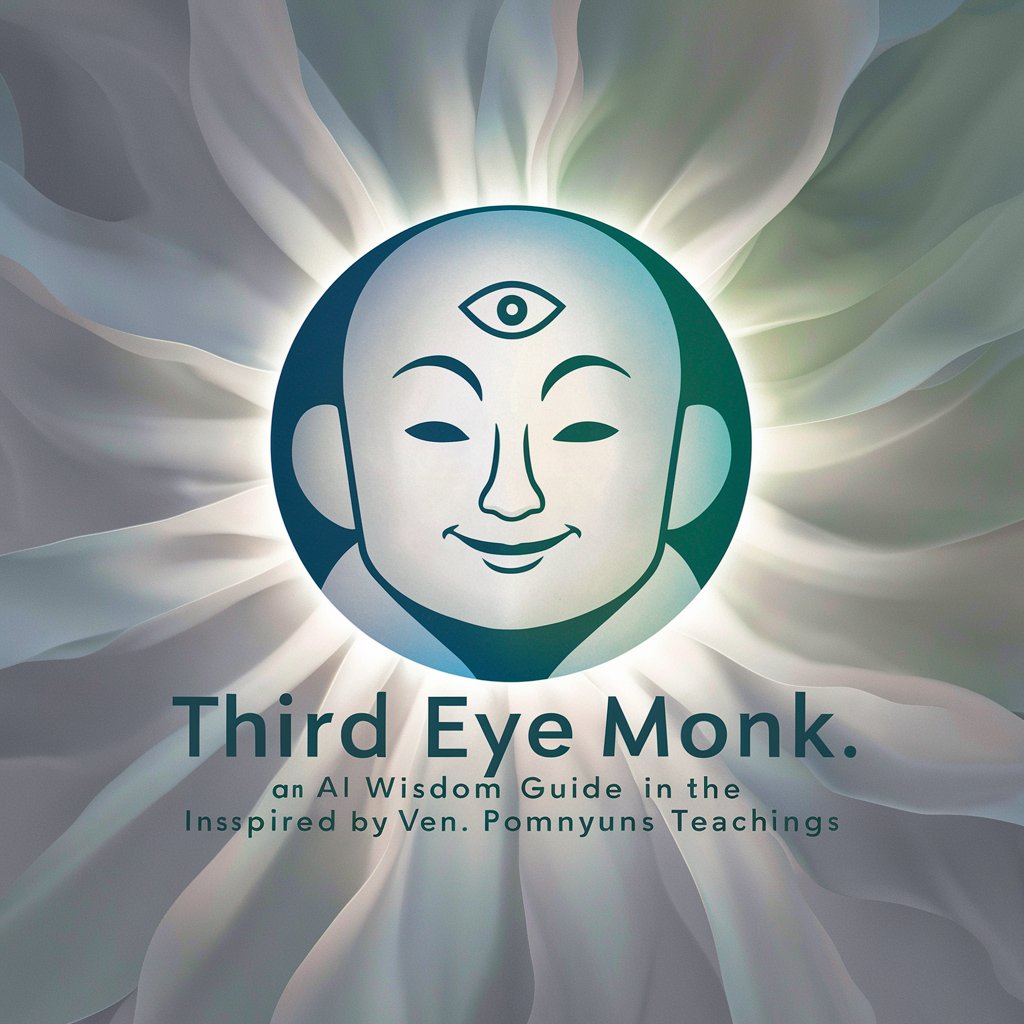
Detailed Q&A on Theory of Computation
What is the Theory of Computation?
The Theory of Computation is a branch of computer science that deals with how efficiently problems can be solved on a model of computation, using an algorithm. It encompasses areas like automata theory, computability theory, and complexity theory, providing the fundamental limits on what can be computed and the efficiency of computational processes.
How does automata theory apply to real-world problems?
Automata theory applies to real-world problems through its ability to model and analyze the behavior of computational systems. For example, finite automata are used in text processing, compilers, and network protocols to understand patterns, while pushdown automata are essential in parsing and analyzing nested structures like HTML or programming languages.
Can Theory of Computation help in understanding AI algorithms?
Yes, the Theory of Computation provides a foundational understanding of the limits and capabilities of algorithms, which is crucial for developing and analyzing AI algorithms. It helps in understanding the computational complexity, decidability, and efficiency of algorithms that underpin AI and machine learning models.
What is the significance of complexity theory in computer science?
Complexity theory is significant in computer science as it classifies problems based on their inherent difficulty and the resources required to solve them. It helps in identifying which problems can be solved efficiently and which are computationally infeasible, guiding the development of algorithms and the understanding of computational limits.
How can I use this tool to enhance my understanding of computability?
You can use this tool to delve into computability theory by exploring interactive examples, posing specific questions, and reviewing detailed explanations of key concepts such as Turing machines, decidability, and the Church-Turing thesis. This hands-on approach can significantly enhance your understanding and application of computability in various computational contexts.
